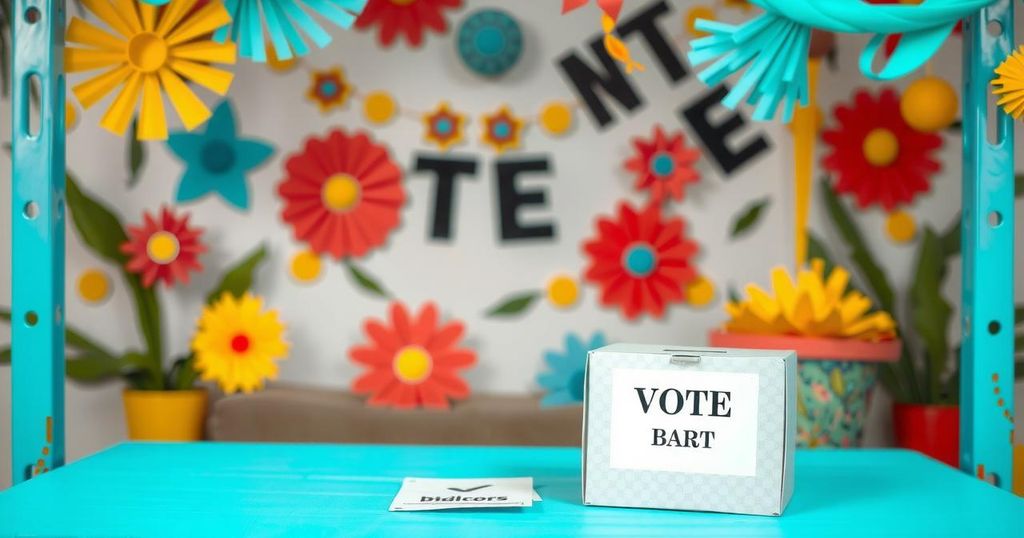Trinidadians Head to the Polls Amidst Rising Violence and Economic Struggles

Trinidadians voted in parliamentary elections amidst economic struggles and rising violence. Former energy minister Stuart Young, now prime minister, faces a tough challenge from Kamla Persad-Bissessar. Voter sentiments reflect concerns over crime and cost of living, while ongoing instability in governance raises questions about the future of national security and economic recovery.
In Trinidad and Tobago, citizens headed to the polls on Monday to participate in parliamentary elections that will ultimately decide the nation’s next prime minister. This comes during a challenging time for the twin-island Caribbean nation, grappling with an economic downturn and a surge in gang-related violence throughout recent years.
Stuart Young, the former energy minister, has been in office since March, following the resignation of Keith Rowley, who had been prime minister for a decade. Yet, Young’s leadership appears precarious, with his center-left People’s National Movement (PNM) falling short in opinion polls against the centrist United National Congress (UNC) under former prime minister Kamla Persad-Bissessar, who is 73.
During her campaign, Persad-Bissessar highlighted issues facing families, remarking that election day “is for the mother walking the aisles of the grocery store with her children.” She pointed out the constant pressure on families due to rising food costs, pushing the narrative of needing higher public wages. In response, Young dismissed her proposals as unrealistic, stating, “there is no way that a government, any government, could afford” the significant $2 billion her pay increase plan would cost.
He also emphasized his vision for a more efficient Trinidad and Tobago, asserting that he wants a government that respects citizens’ time and dignity while improving public sector services. The elections are crucial because the 41 members of the House of Representatives, the lower house of parliament, will be chosen. A party that secures a majority of these seats will form the next government.
However, the elections unfold amidst alarming levels of violence, with 623 murders reported last year, marking a troubling increase from 577 in 2023. Many of these crimes are associated with international gangs, notably the Tren de Aragua from Venezuela, which has recently been labeled a terrorist group by the United States. A March report from the U.S. Department of State classified Trinidad and Tobago as the sixth most dangerous country globally, with a murder rate of 37 per 100,000 people.
Additionally, the nation’s geographic location, just ten miles from Venezuela’s coast, has made it particularly vulnerable to issues like drug trafficking and illegal immigration. The government’s efforts to tackle crime included a state of emergency from December to mid-April. On top of security woes, the country, the Caribbean’s second-largest natural gas producer, is also facing economic challenges, attributed partially to a decline in production. An anticipated boost from the Dragon gas field in Venezuelan waters has been thwarted following the rescindment of its exploitation license by the Trump administration under sanctions.
Overall, Trinidad and Tobago’s elections have highlighted both the political and social challenges facing the nation. With rising crime rates and economic concerns, the outcome will be crucial in determining not only the political leadership but also the country’s direction in addressing these pressing issues. The struggle between the ruling People’s National Movement and the opposing United National Congress has revealed deep divides over public policy and economic responsibility.
Original Source: www.france24.com







